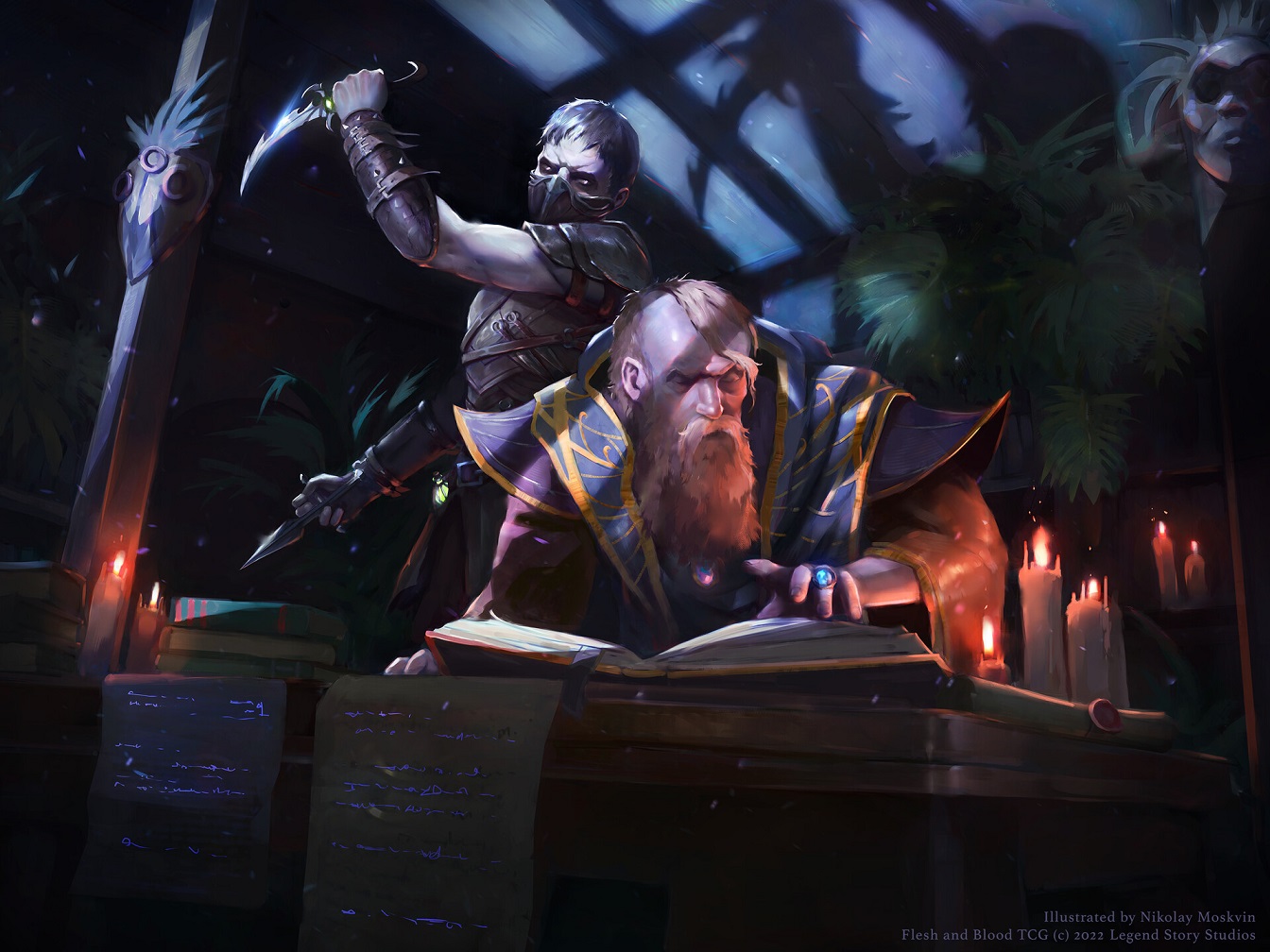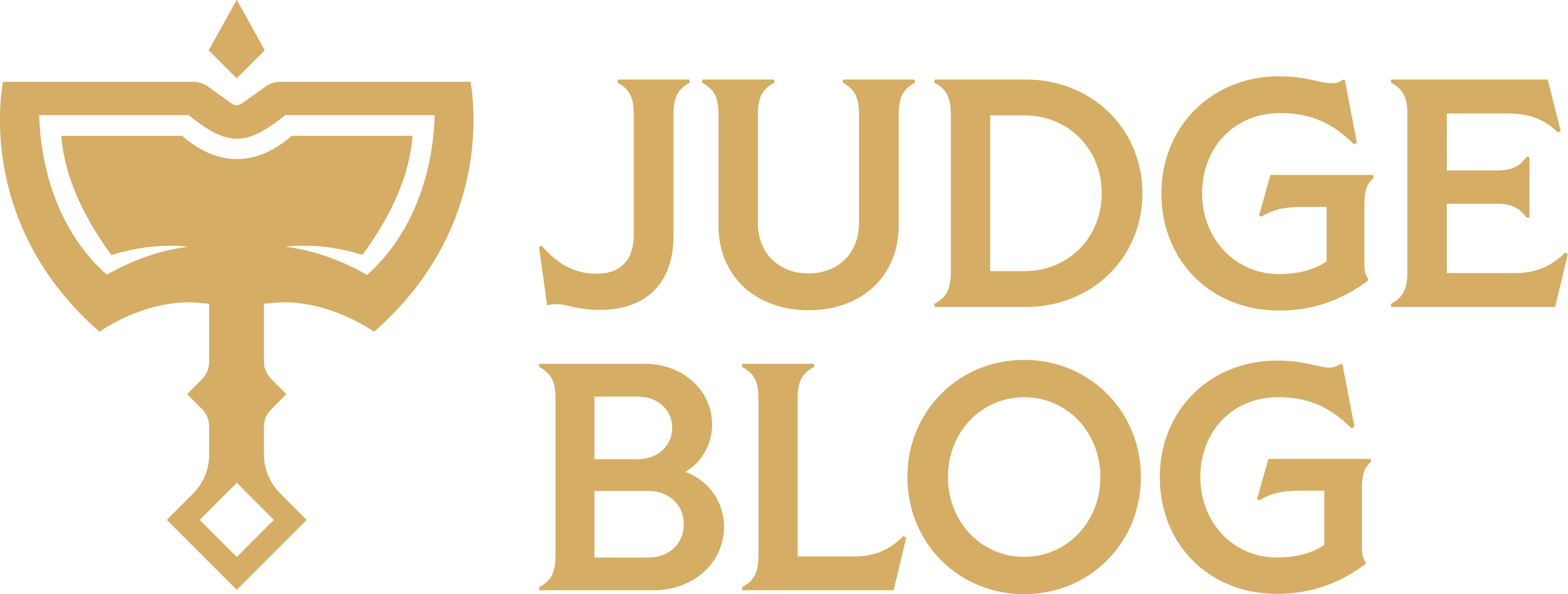
Slow Play in Flesh and Blood: A Comprehensive Guide for Judges
As a judge in Flesh and Blood tournaments, you will frequently encounter situations where players unintentionally disrupt the flow of the event by playing too slowly. Recognizing and addressing Slow Play effectively is crucial to maintaining fairness, ensuring timely rounds, and enhancing the overall player experience.
Understanding Slow Play
Slow Play occurs when a player takes significantly longer than necessary to make decisions or complete actions without any deliberate intention to gain an advantage. It is essential to differentiate this from “Stalling,” which is the intentional manipulation of pace to exploit time constraints. Slow Play is typically unintentional and often stems from indecision, unfamiliarity with the deck, or careful deliberation.
Penalties and Corrective Actions
In Casual events, Slow Play is categorized as unsporting behavior. Initially, judges should address it through education and gentle reminders. Clearly communicate to the player that their pace needs improvement. If a player continues to exhibit Slow Play after repeated guidance, it may become necessary to issue a Game Loss to reinforce the importance of timely decisions.
In Competitive tournaments, the approach to Slow Play is structured around incremental penalties. Initially, judges should issue a Caution, clearly advising the player to increase their speed of play. Should the behavior persist, the judge must escalate the penalty to a formal Warning. If the player receives two Warnings for Slow Play within the same tournament, any subsequent infraction results in a Game Loss, reinforcing the seriousness of repeated infractions. Unlike most infractions, the penalty count for Slow Play does not reset when moving to the next day of multi-day events.
Philosophy of Addressing Slow Play
The reason for addressing Slow Play is straightforward: tournament rounds have finite time limits designed to facilitate efficient management and fair competition. Slow Play can disrupt this balance by causing unintended draws, disadvantaging opponents, and complicating logistical planning for organizers. The central philosophy behind addressing Slow Play emphasizes education first, acknowledging that players rarely recognize their own slow decision-making, and that judges must apply judgment thoughtfully based on context and complexity.
Detecting Slow Play in Practice
Detecting Slow Play is inherently subjective and requires careful observation. Judges should evaluate the complexity of decisions relative to the time taken. If a judge can quickly assess a situation and potential plays more efficiently than the player repeatedly, it may indicate Slow Play.
Certain behaviors commonly associated with Slow Play include excessively frequent checking of the graveyard or pitch zone, prolonged shuffling, or extended contemplation when only limited obvious choices exist. Continuous observation is essential to differentiate isolated incidents from habitual Slow Play.
Slow Play must always be evaluated in context. For example, pausing briefly (e.g., 10 seconds) to think through a particularly complex combo turn or critical math is acceptable if the player proceeds swiftly afterward. However, frequent pauses every turn or multiple lengthy pauses within a single turn likely indicate Slow Play.
Addressing Slow Play Effectively
In Casual settings, judges should approach Slow Play politely yet clearly, initially providing educational guidance. If the issue persists, explicitly inform the player about the potential penalties for continued Slow Play to encourage quicker decision-making.
In Competitive environments, judges must first issue a clear verbal Caution, reinforcing the necessity of faster play. Stay attentive to the match afterward to confirm improvement. Persistent Slow Play warrants escalating penalties methodically, ensuring players understand the consequences clearly and fairly.
Encouraging Efficient Play Among Participants
Judges can proactively support players in avoiding Slow Play by promoting specific habits. Encourage players to thoroughly familiarize themselves with their decks, thus reducing decision-making time significantly. Players should be advised that selecting a complex deck is not an excuse for Slow Play; they should either choose decks that match their comfort and skill level or accept that their gameplay may become suboptimal rather than slow down their match.
Additionally, advise players to use downtime during their opponents’ turns productively, planning their actions ahead of time to expedite gameplay.
Special Considerations for Slow Play
Even in special tournament phases such as extra turns or Top 8 untimed rounds, Slow Play remains a valid concern. Judges should ensure a reasonable pace continues to be maintained, as prolonged matches can disrupt tournament schedules and detract from the event’s overall smooth operation. This disruption can also negatively impact the focus and enjoyment of the opponent, judges, and spectators.
Fostering Communication and Good Habits
Cultivating an environment where players are comfortable discussing pacing issues with judges early in the match can preempt more severe interventions later. Encourage open communication, and emphasize the shared goal of a fair and enjoyable tournament experience for all participants.
By thoroughly understanding, consistently identifying, and effectively addressing Slow Play, judges significantly enhance tournament integrity, fairness, and the overall enjoyment of the Flesh and Blood community.
Featured Image: Slay the Scholars by Nikolay Moskvin

